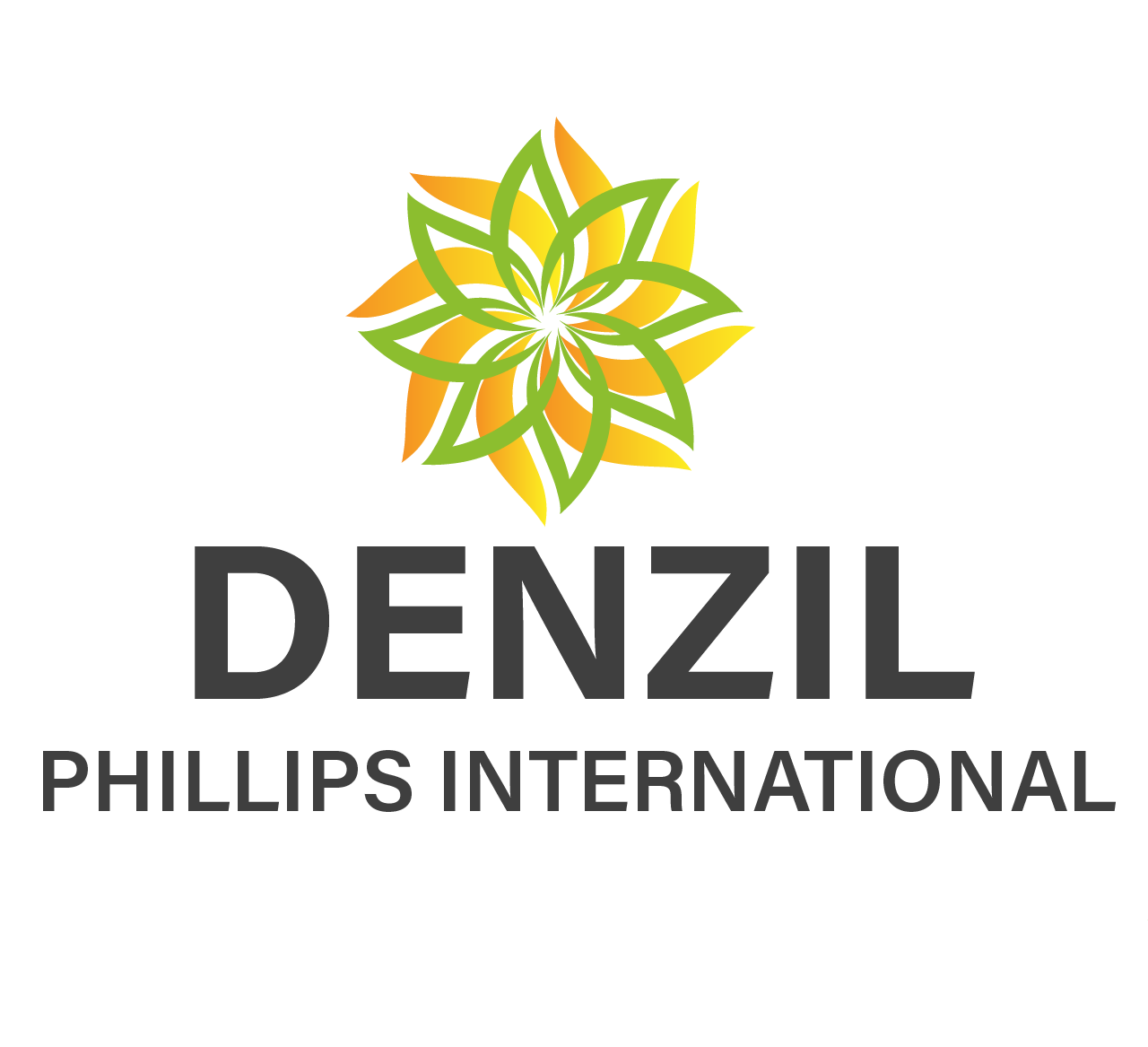Pacific Herbal Forum postponed
The Commonwealth Secretariat recently announced that the Pacific Herbal Forum due to take place on December 3rd has been postponed till February 2002. A spokesman from the Secretariat stated "one of the key objectives of this Forum is to trigger international support for the herbal industry and the present circumstances are neither conducive nor supportive of a positive response and the prudent use of limited resources. A full commitment is desirable on the part of all, particularly key delegates and resource persons."
The meeting, which is hosted by Brussels based CDE, the Commonwealth Secretariat and CTA in the Netherlands, will now take place from 18th-20th February at the same location at the Meridien Hotel, Port Vila, Vanuatu as before.
Delegates are to be drawn from both the private and public sectors including representatives from Kiribati, Papua New Guinea, Samoa, Fiji, Solomon Islands, Tuvalu, Vanuatu, Tonga, Cook Islands, Niue, Palau, Marshall Islands, Naulu and Federal States of Micronesia. The non-ACP delegates will include American Samoa, Hawaii, New Caledonia, Tahiti, New Zealand, Australia and the European Union.
The purpose of the Forum is first and foremost a tool for business promotion. It will be a forum for discussions among importers, exporters, processors, potential investors, scientists, controllers and promoters of trade in medicinal plants and herbal extracts. The Forum will discuss trade related issues such as non-tariff barriers, regulations and licensing, patenting, standards and quality, market trends and emerging exporters' and importers' concerns, processing and value addition, promotional strategies and market penetration, sustainable use of medicinal plants etc. Some of the following issues to be discussed at the meeting include
Scope and importance of medicinal plants and herbal medicine in the region
Intellectual Property Rights - Bio-piracy and the Convention on Biodiversity
Over-exploitation, conservation, sustainable harvesting, role of CITES
Regulatory issues, licensing and changing European Union scene
Quality control, local trade infrastructure and common exporter's concerns
Training and education needs in medicinal plants and herbal medicines
Value added processing, opportunities, technology transfer and joint ventures
Research, development and training activities in the region: future needs
Opportunities for technology transfer and joint ventures in the region
Development of a long-term action programme for regional implementation
Vanuatu was chosen as an appropriate location because of its well developed infrastructure, strong long-term foreign investment interest in the region; accessibility from Australasia as well as excellent hotel and management support facilities. For more information http://www.pacificherbs.net.

